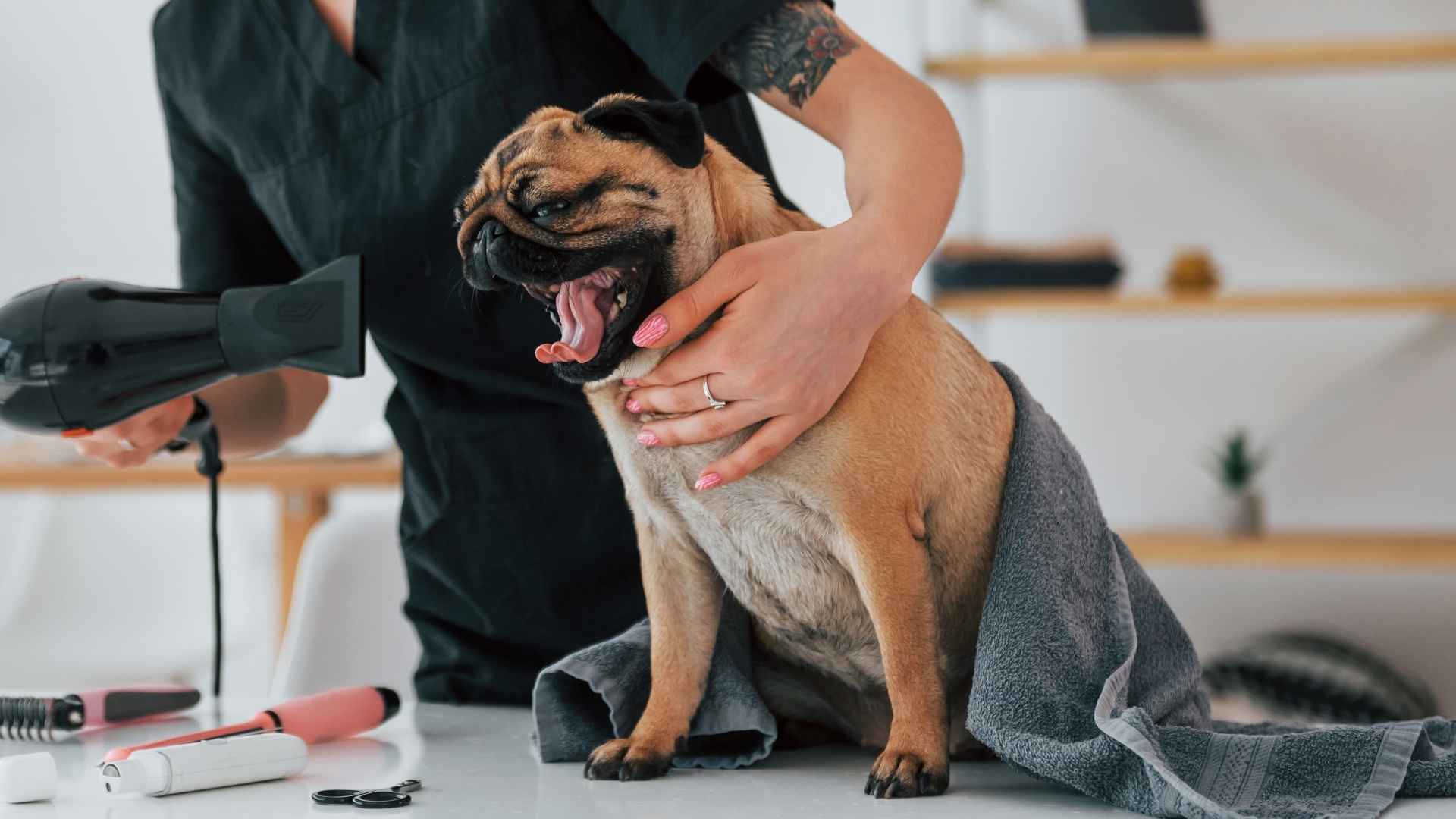Does your dog go bonkers when the hair dryer turns on?
You’re not alone. Many dogs react strongly to loud appliances like hair dryers, vacuums, or even brooms. Some breeds are especially sensitive to noise, and that morning “whoosh” might sound like a full-on alarm to them.
According to Hearing Sense, dogs can hear sounds up to four times farther away than humans and at much higher pitches. So, while your hair dryer may sound like a gentle hum to you, your pup might hear a siren.
Let’s take a look at the top 7 dog breeds most likely to bark at hair dryers and why they do it.
Dog Breeds That Bark at Hair Dryers Every Morning
1. Chihuahua
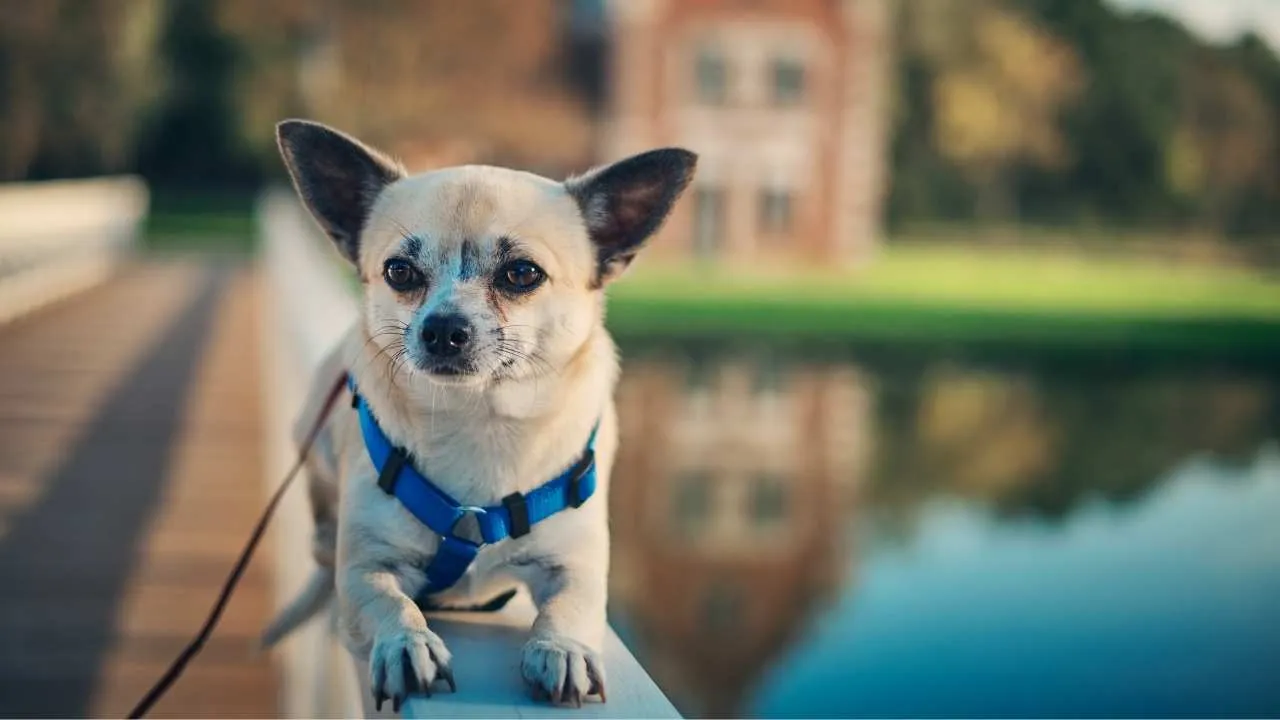
Chihuahuas may be tiny, but they’ve got huge personalities and even bigger voices. These dogs are always on alert. The high-pitched noise of a hair dryer, vacuum sounds like a threat to them. One reason they bark so much is their alert, territorial nature.
Their natural instinct is to bark to warn you. A small sound can turn your Chihuahua into a barking machine. Loud sounds in small rooms, like the bathroom, can also make them feel trapped. Add in their cautious nature and tendency to guard their house, and you’ve got a puppy that won’t stay quiet during your blow-dry routine.
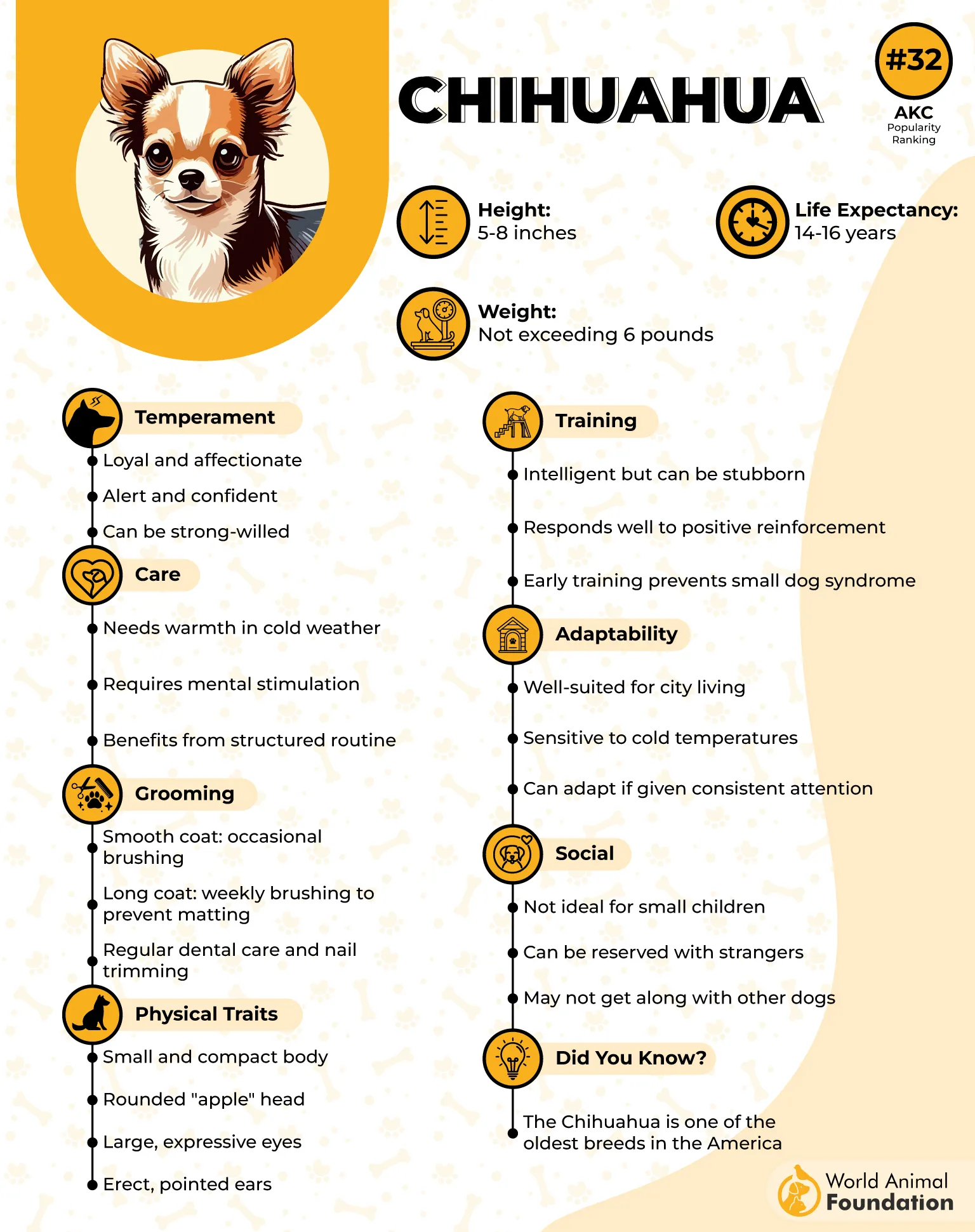
According to the AKC, Chihuahuas are among the most vocal dog breeds in the world. Chihuahuas may bark, but they truly love their humans. They feel safest when they know every sound in the home.
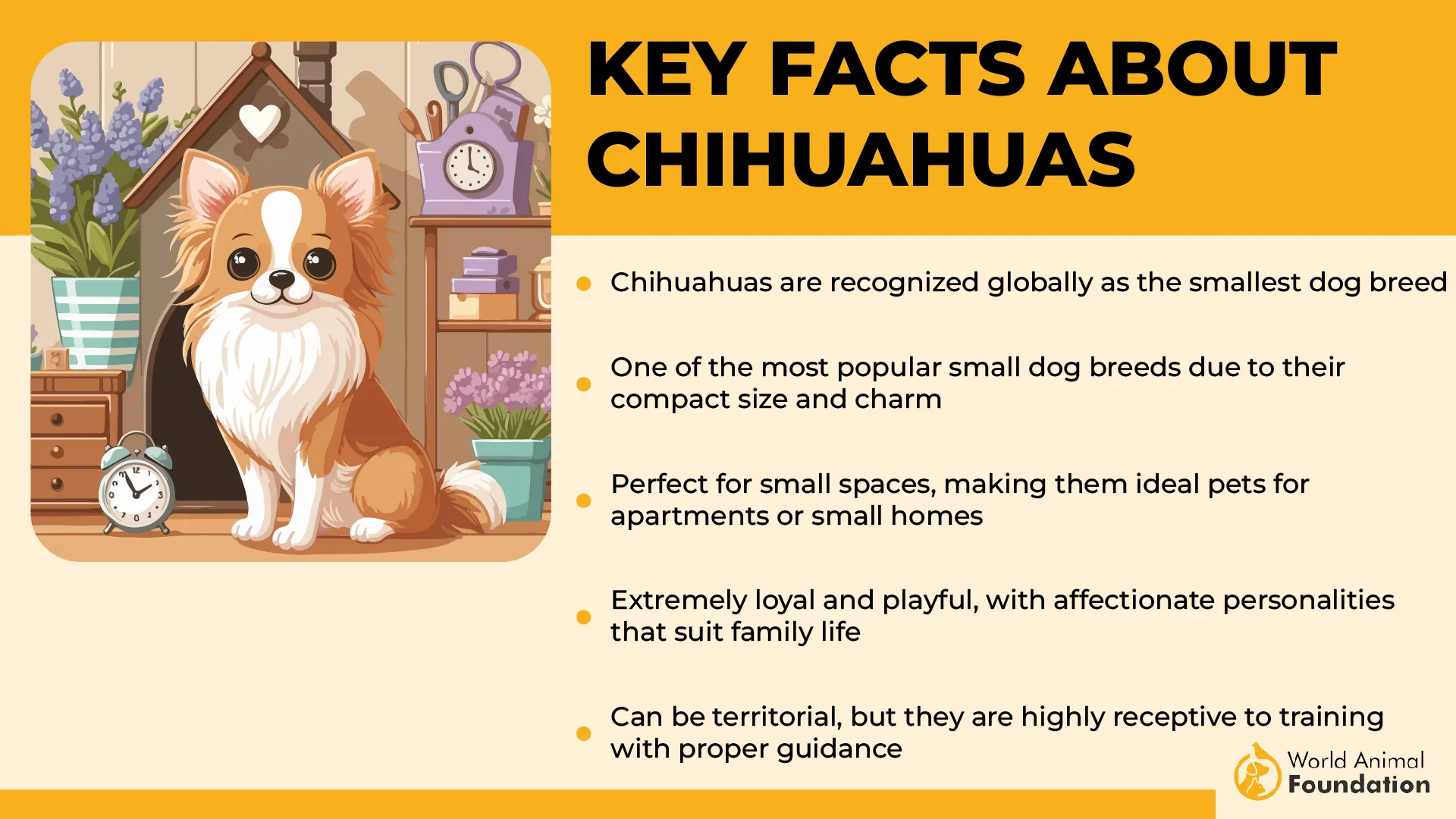
Chihuahuas can be loving family pets, but they’re generally not the best choice for homes with young children. Their tiny size makes them vulnerable to rough play, and overly energetic kids may accidentally hurt them.
2. Pomeranian
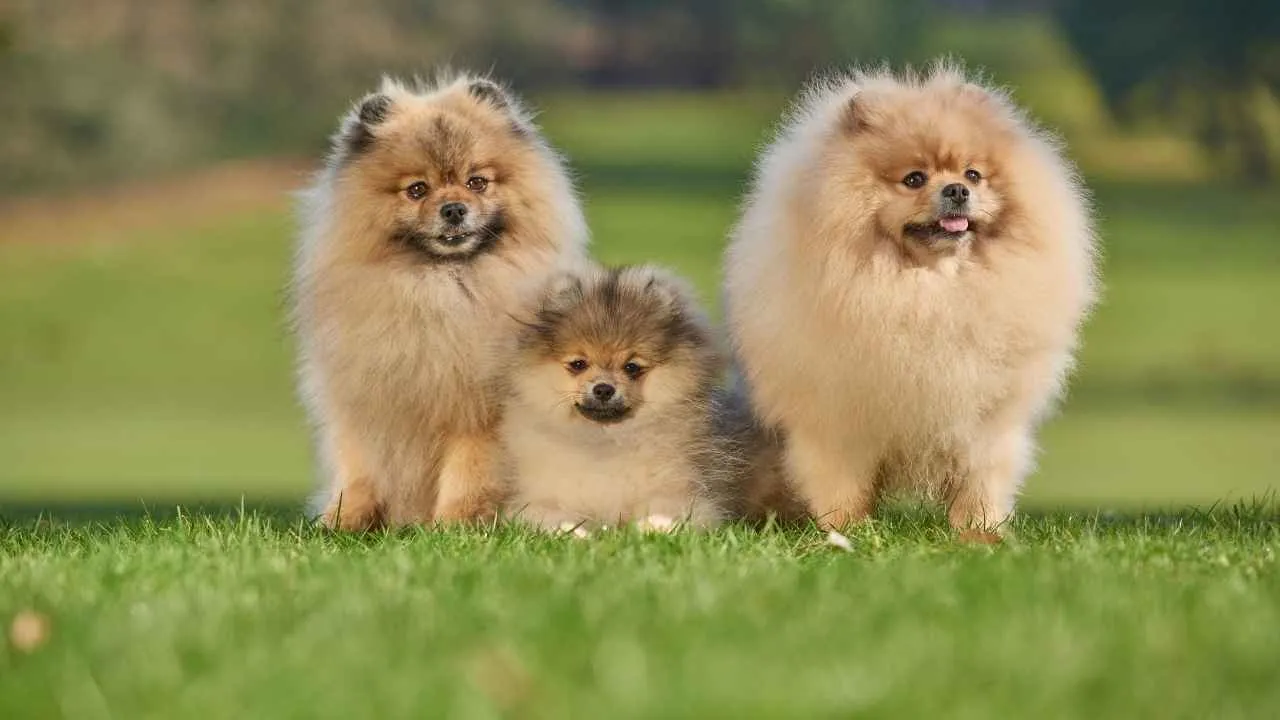
Pomeranians are adorable fluff balls, but they have a loud side. Pomeranians have plenty of energy, and they use it to bark!
These pups were bred to alert their owners to anything unusual. That includes the whooshing sound of your morning hair dryer. Many Pomeranians also need good regular grooming, which means they’re exposed to blow dryers often, something they might possibly find scary.
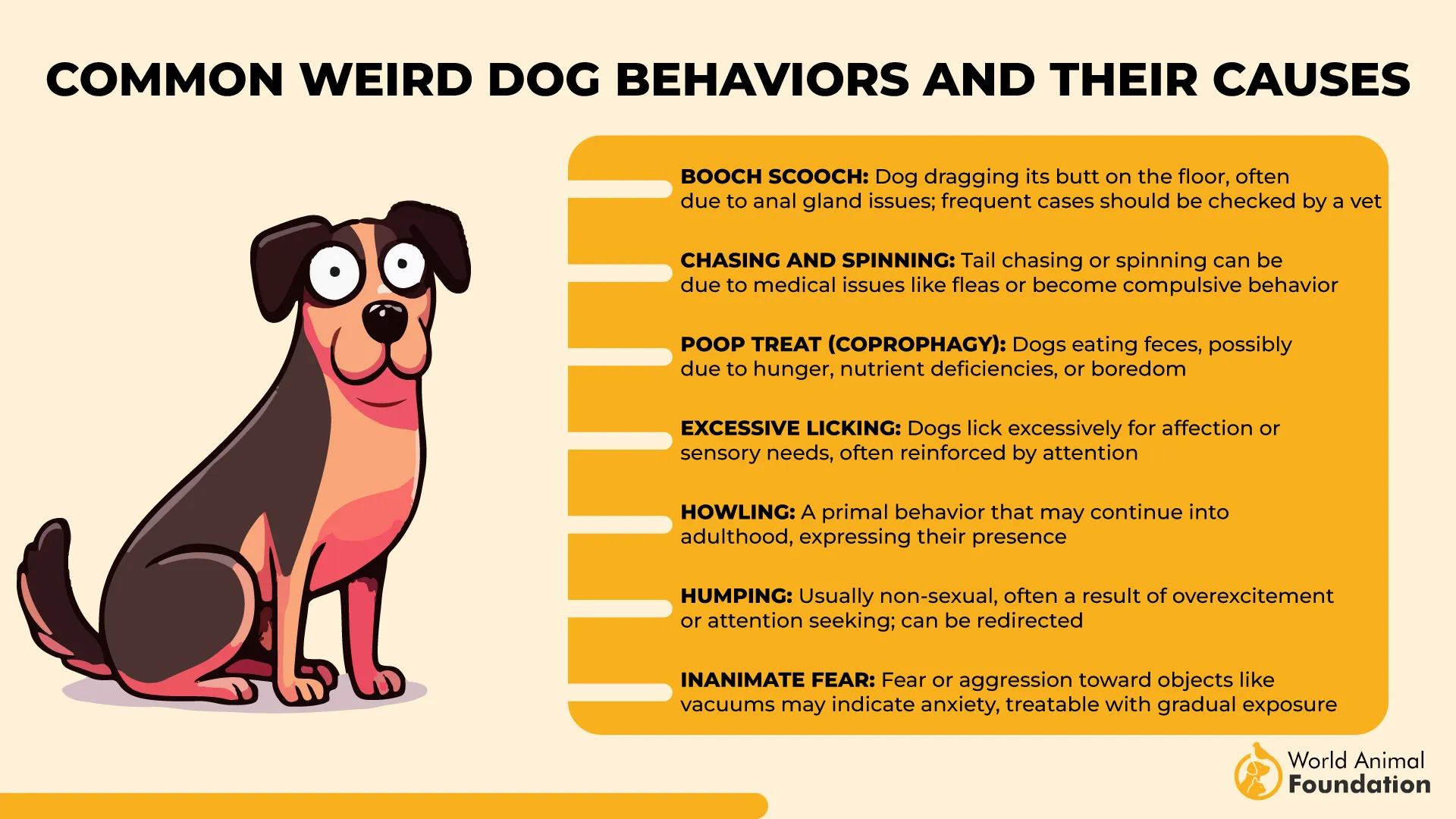
These pups get triggered by lots of small changes or household sounds. And grooming can feel time-consuming, especially when your dog keeps trying to hide or bark.
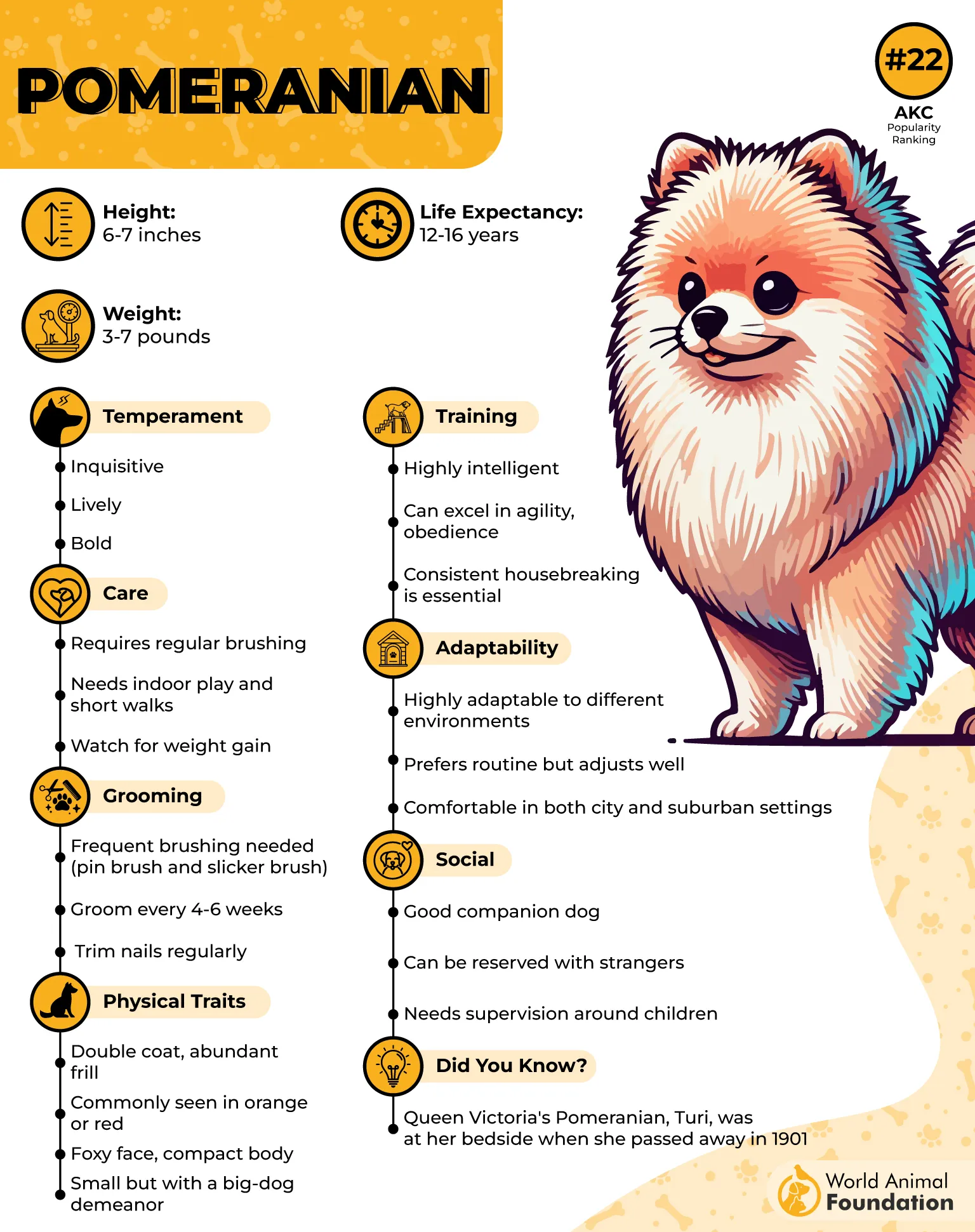
Pomeranians often bark when they feel excited, afraid, or just want attention. Try to desensitize your Pom gradually with positive rewards.
Pomeranians make wonderful companions for a variety of pet parents, including families, singles, and seniors. While they are playful by nature, their small size means they don’t need a lot of outdoor exercise to stay happy and healthy.
3. Dachshund
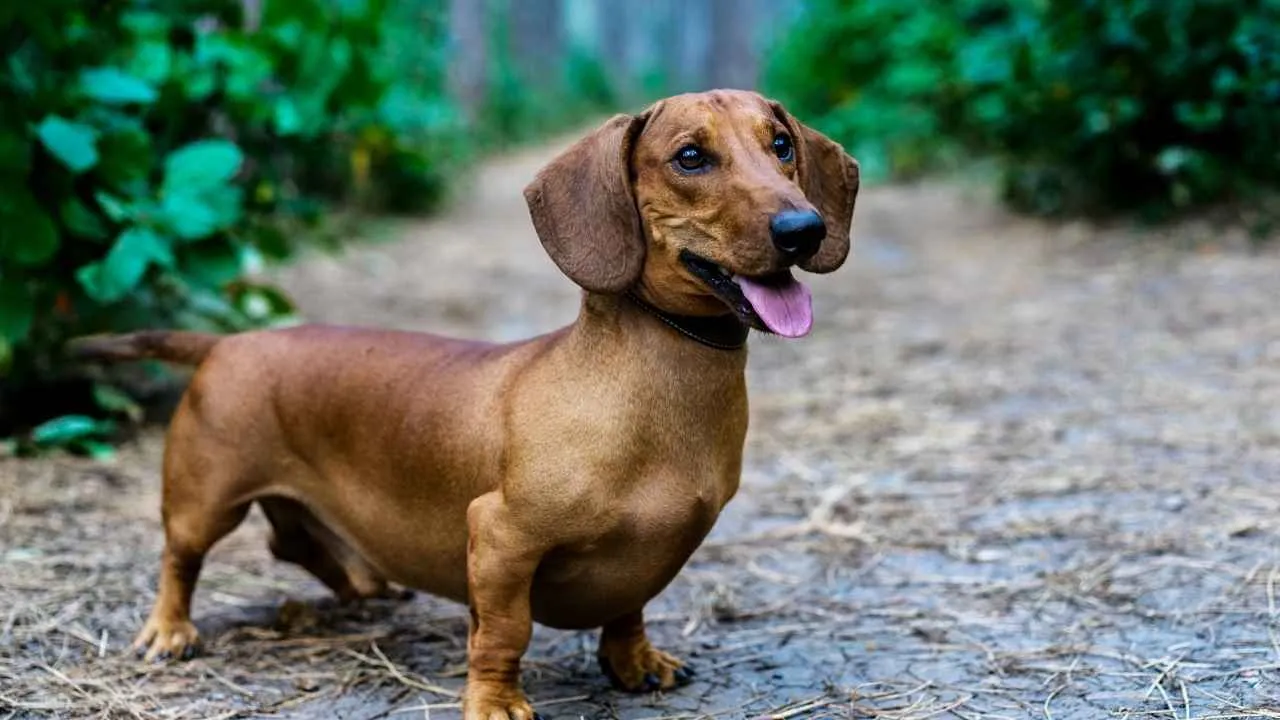
Dachshunds may have short legs, but they’ve got a long history of barking.
These little hunters were bred to bark while chasing animals underground. And were bred to live in close quarters, and alert you fast. Today, they use that same bark when something loud or strange happens, like a hair dryer turning on.
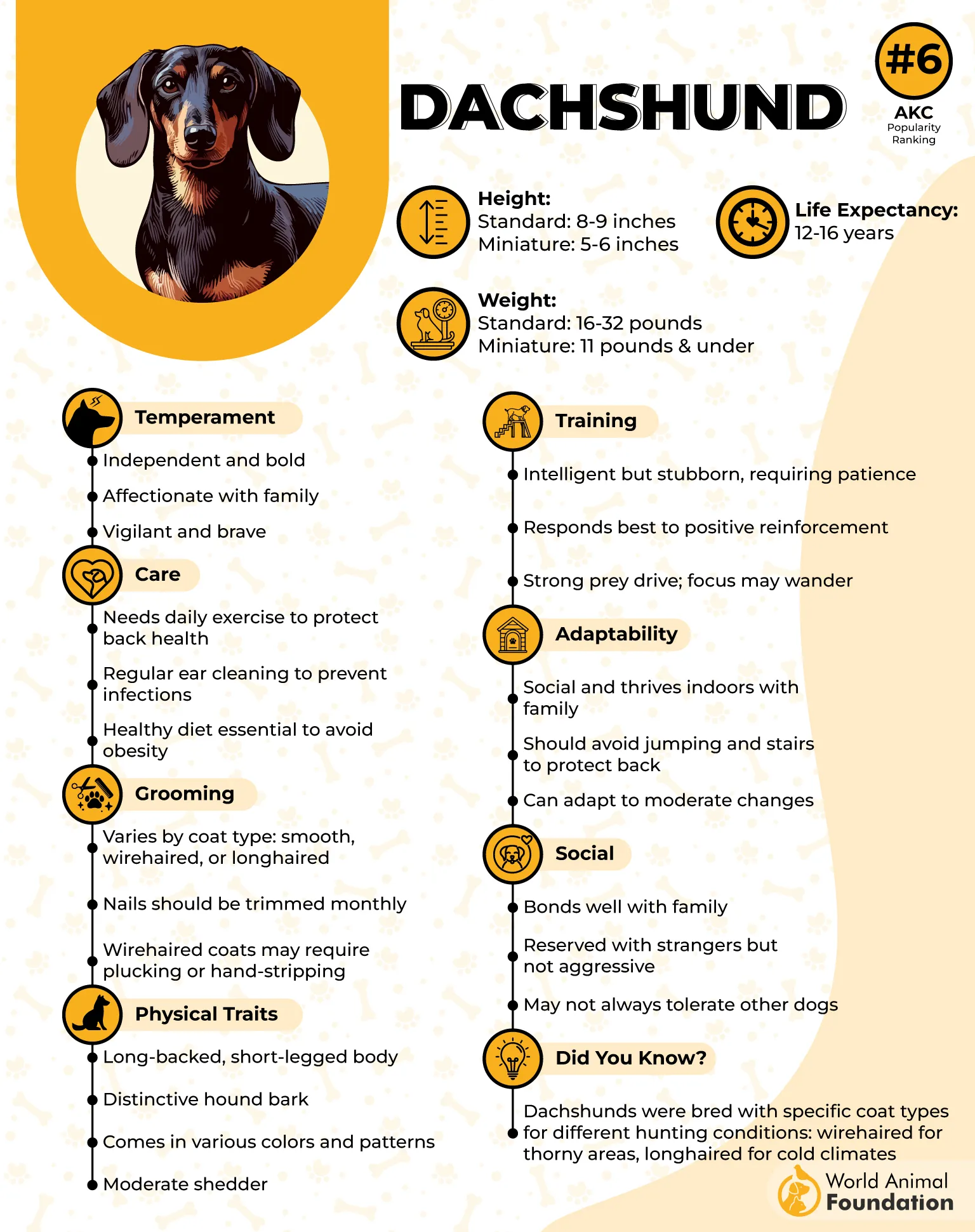
They’re very sensitive to sound and vibrations, which can trigger barking. Some might even hide under a bed or blanket. Most will try to leave the bathroom when drying begins. So, don’t be surprised if your wiener dog can’t handle your morning routine.
Dachshunds can be wonderful companions for the right family, especially those with older children. They thrive in homes where they receive plenty of mental stimulation, physical activity, and consistent training.
4. Beagle
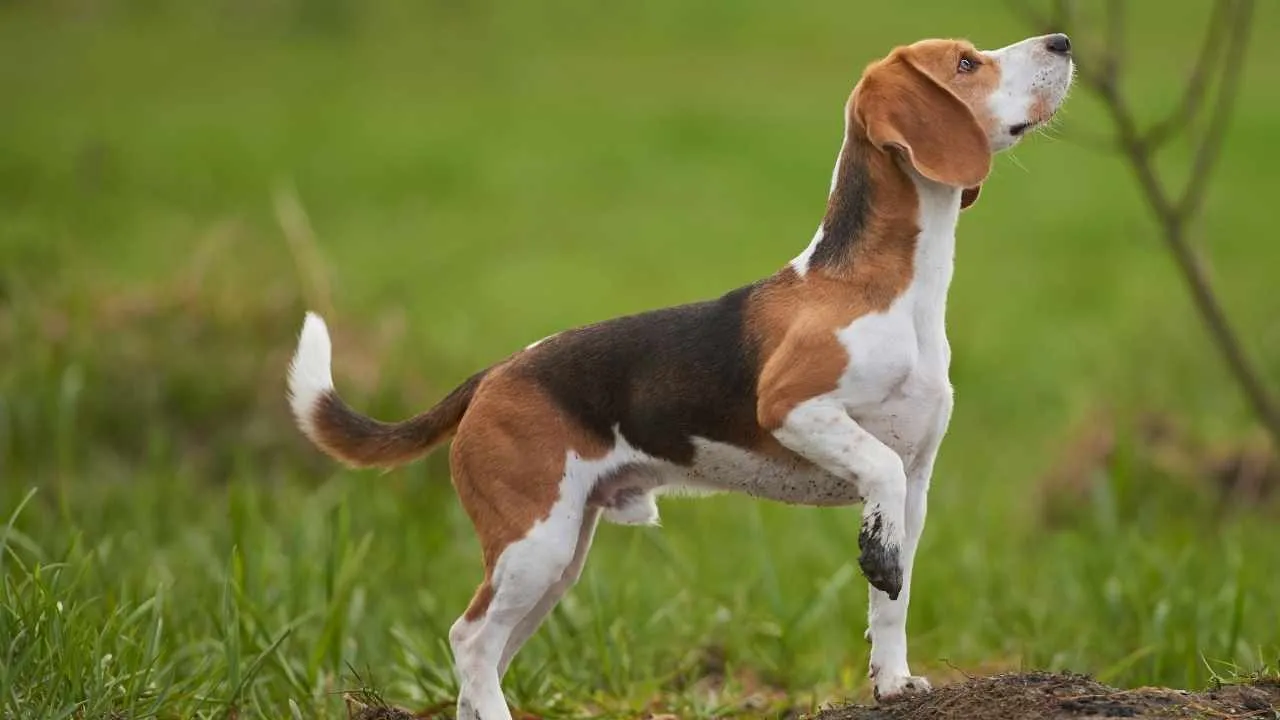
Beagles are lovable, playful, and highly vocal. A Beagle’s day can start with a bark if noise is involved.. Beagles love being around people, so they might bark to get your attention. They’re used to baying, a kind of loud howl, to let hunters know where they are. So, barking at a blow dryer comes naturally.
These dogs hear everything. A slight buzz, the click of a grooming tool, or even the air from the dryer can set them off. Over time, they can learn to ignore some of it.
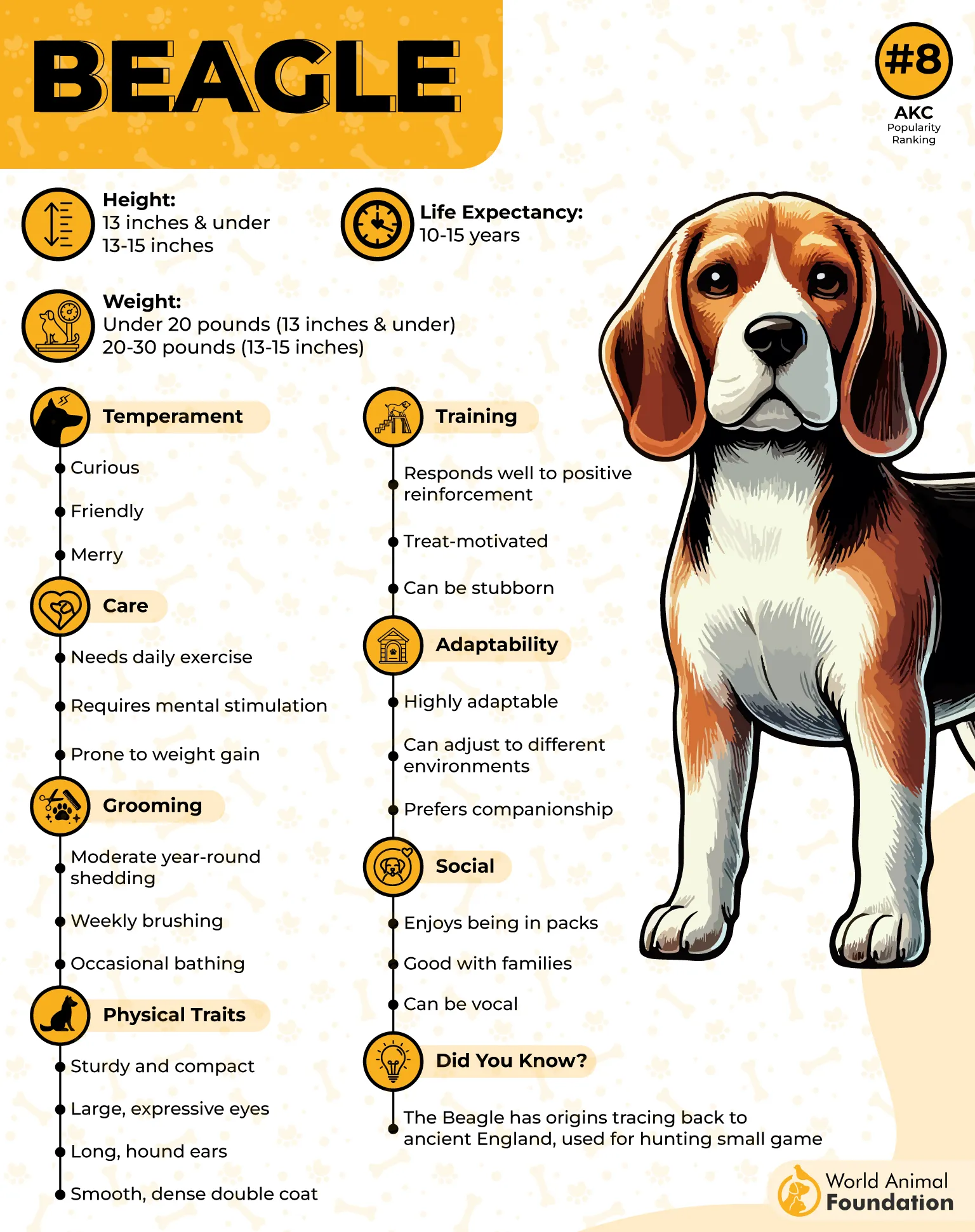
There are ways to desensitize them during grooming with toys or treats. Sometimes they bark just for fun, especially if they’re still a young, playful puppy. The best way to manage your Beagle’s barking is to keep them well-entertained, properly exercised, and feeling loved.
ASPCA states that, unlike some dog breeds that are eager to please and quick to follow commands, Beagles can be a bit more challenging to train. First-time dog parents might even find them downright stubborn and tricky to work with.
5. Yorkshire Terrier
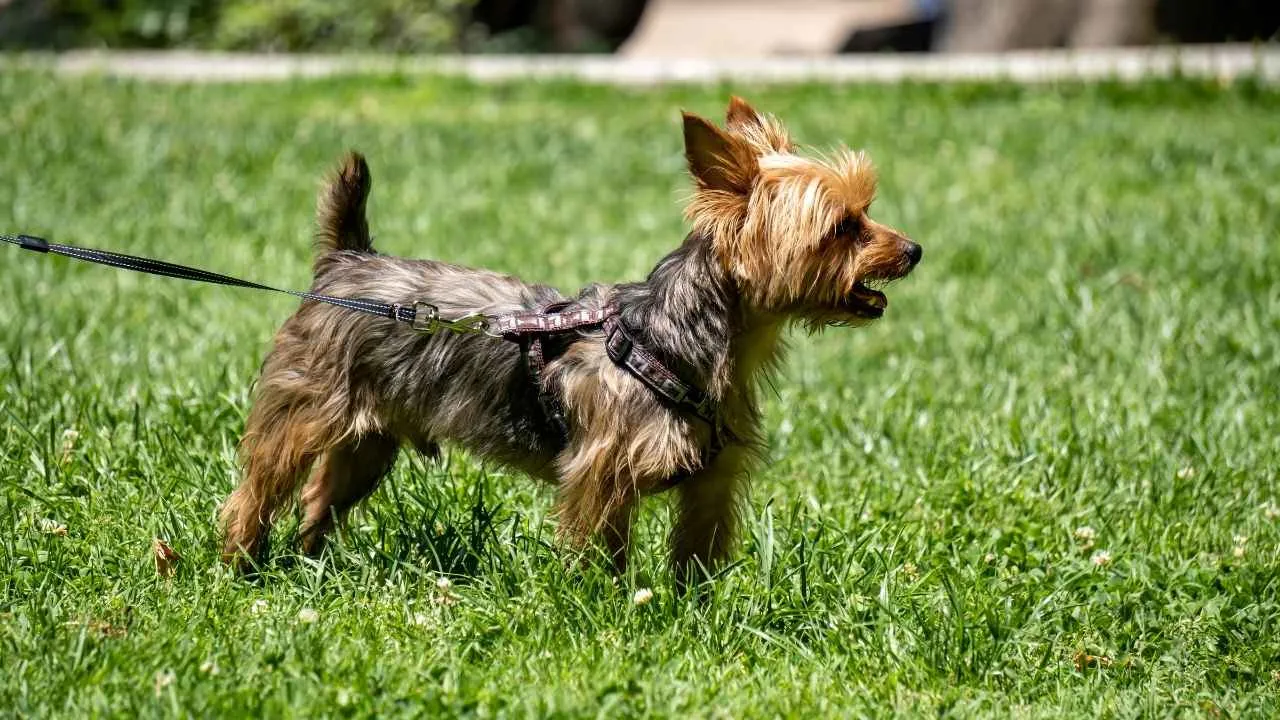
Don’t let their size fool you, Yorkshire Terriers have a big bark. Yorkies are renowned for their alertness and protective nature. Yorkies love to live in peace, until something noisy happens.
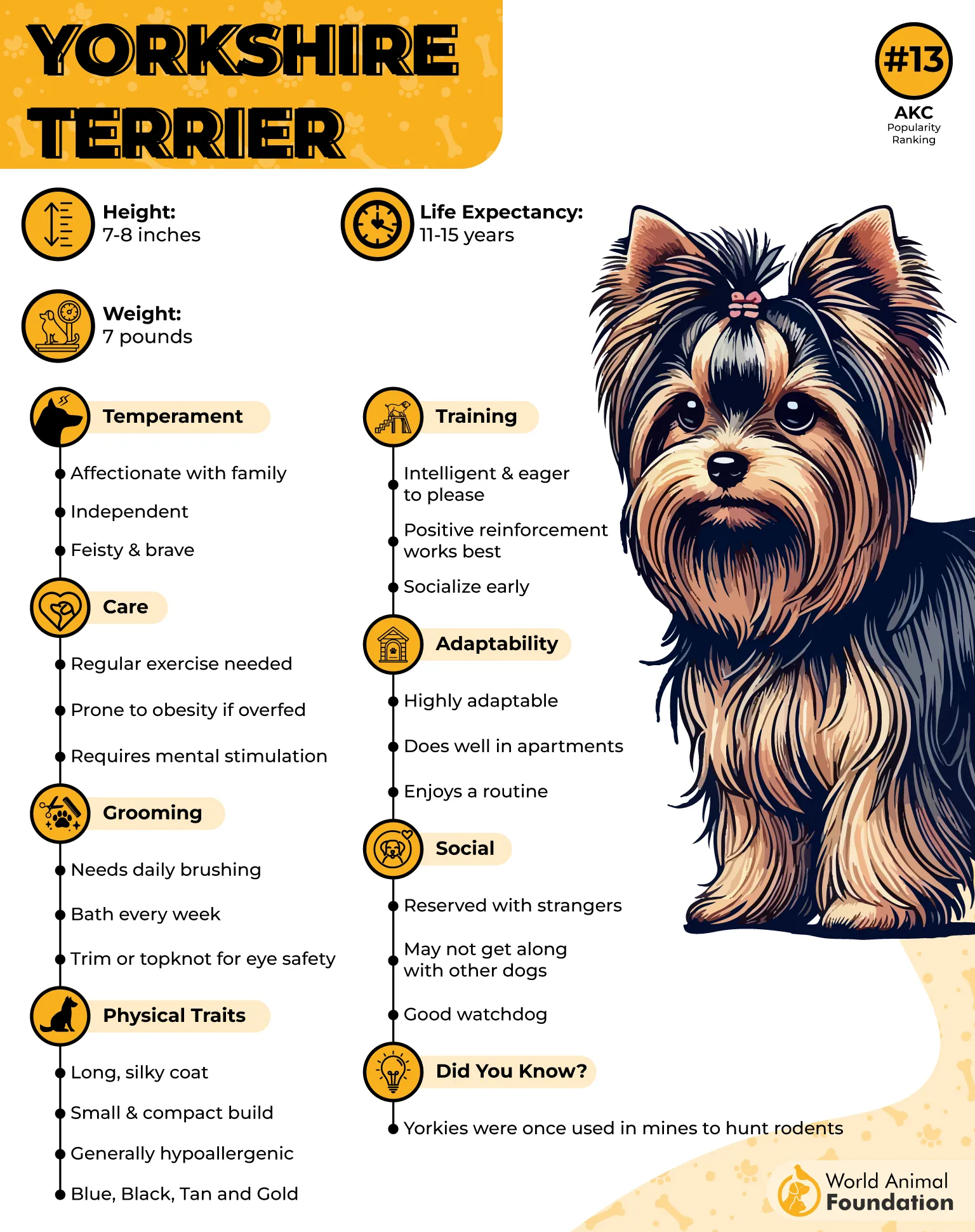
The second they hear something strange, like the roar of a hair dryer, they’re on duty. You’ll find funny photos of Yorkies yelling at dryers!
Their long hair often requires blow-drying, which they may find intimidating or even time-consuming if grooming becomes a regular routine. Some may have felt cornered if drying takes too long.
If they feel unsafe, they may bark, try to hide, or continue waiting until the scary noise stops. Yorkies bark at lots of things, sounds, smells, or anything unfamiliar. Yorkies are one of the most vocal small breeds out there.
6. West Highland White Terrier
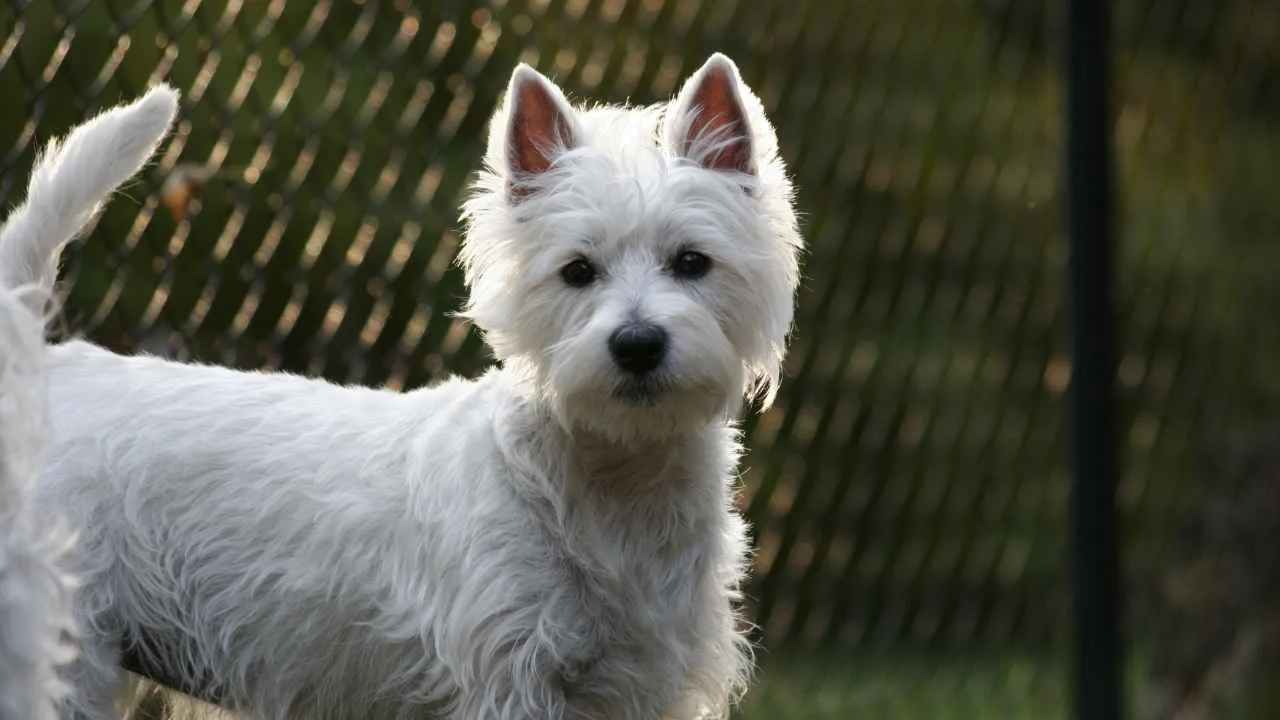
Westies are brave, smart, and yes, super chatty. This breed has plenty of confidence and plenty of bark to match.
They’re always ready to alert their owners about something strange, especially if it makes a loud sound. A hair dryer fits right into that category. They may bark, pace, or hide behind furniture to cope with the fear of the sound.
The bathroom may feel like a small, echoey space, which can add to the stress. These dogs like to live boldly, but not with blow dryers nearby. In addition to dryers, Westies bark at vacuums, doorbells, and other household items.
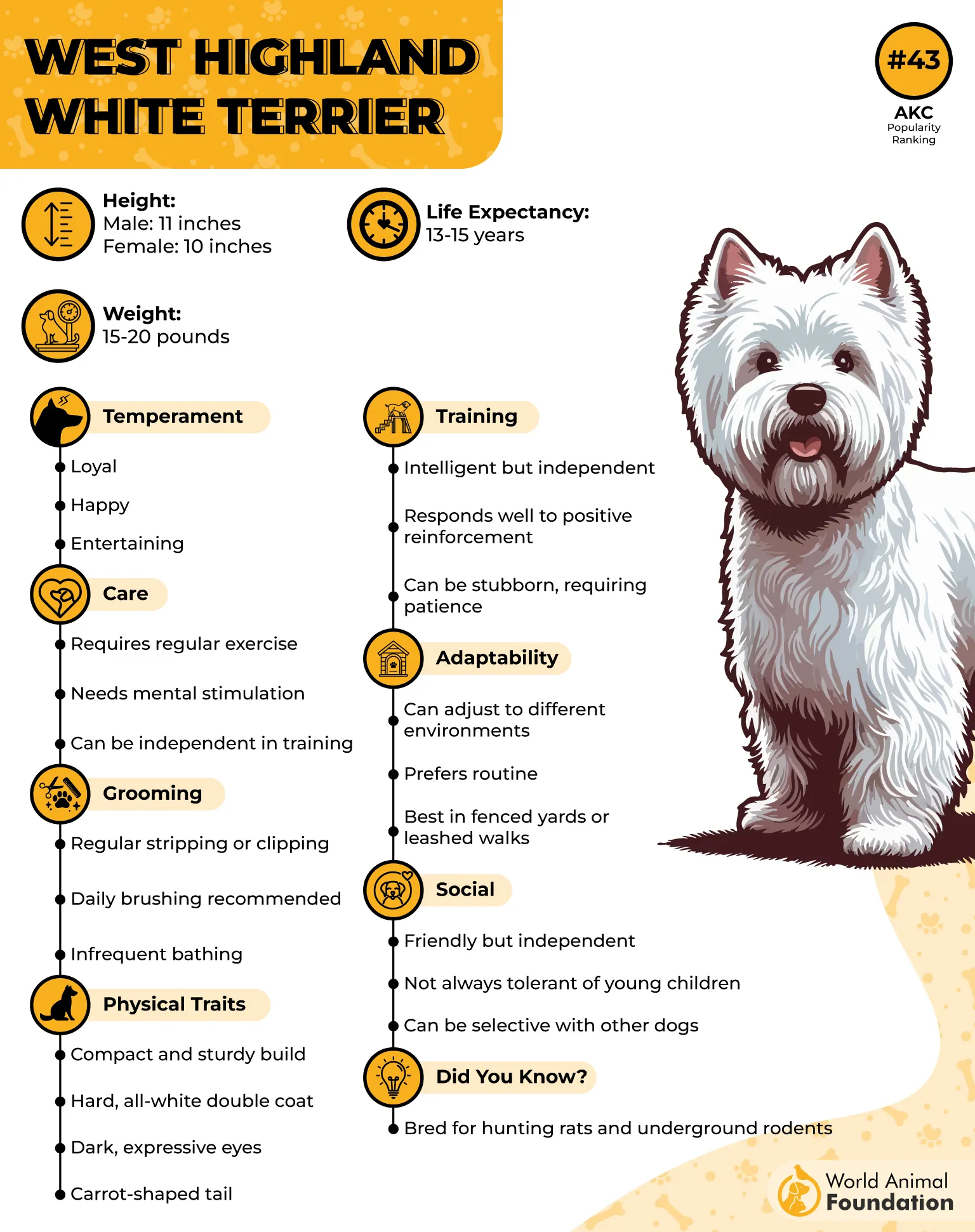
Westies can learn to stay calm with a repeated routine. Westies react to a wide range of noises, from vacuum cleaners to brooms, and even cell phone ringtones.
Due to their history as rodent hunters, Westies often have a strong prey drive and may chase small animals if not leashed. While this can make coexisting with pets like hamsters or rabbits difficult, they can learn to get along with cats when properly introduced, as per PetMD.
7. German Shepherd
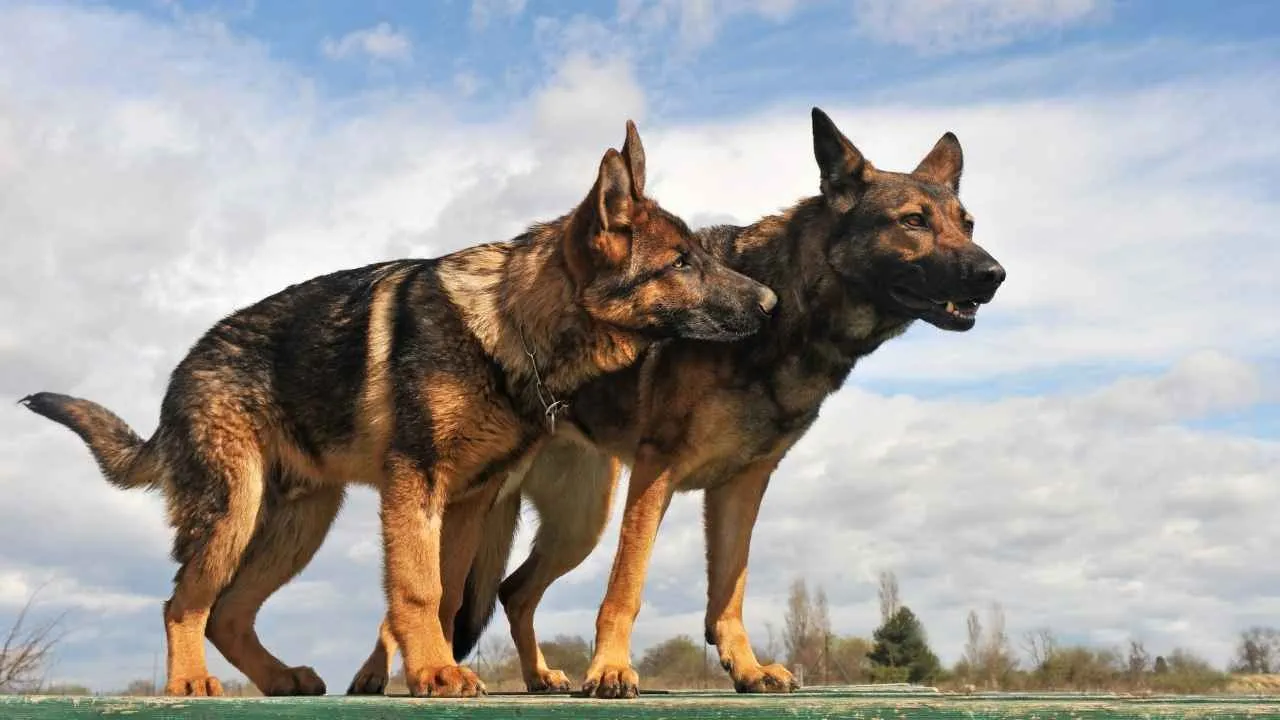
German Shepherds are renowned for their loyalty, protection, and alertness. They are natural watchdogs, so anything unfamiliar gets their attention. That includes loud morning appliances. Some German Shepherds have moved closer to protect you from the noise.
They may not be afraid, but they’ll often bark when you turn on a hair dryer, especially if it seems like a threat to their home or family. They’re very attached to their people, which can make them more reactive. Some might leave the room, while others stand closer to “guard” you.

German Shepherds are highly active dogs that need consistent training and regular exercise to stay well-behaved. They’re best suited for active families and experienced pet parents who can manage their high energy levels.
Conclusion
Every dog has its quirks, and barking at hair dryers is a common one.
Some breeds are more sensitive to sound, while others are naturally alert or protective. For these 7 dogs, morning routines can feel like a loud, confusing process.
But with patience and training, your puppy can learn to stay calm. Use treats, give them space, and offer gradual desensitization to help them cope.
Remember: It’s all part of helping your pup feel safe. And yes, the whole thing might take a week, a day, or even a few hours each day, but it’s worth it.
With time, your dog can eventually relax, and you’ll both enjoy a more peaceful morning routine.


